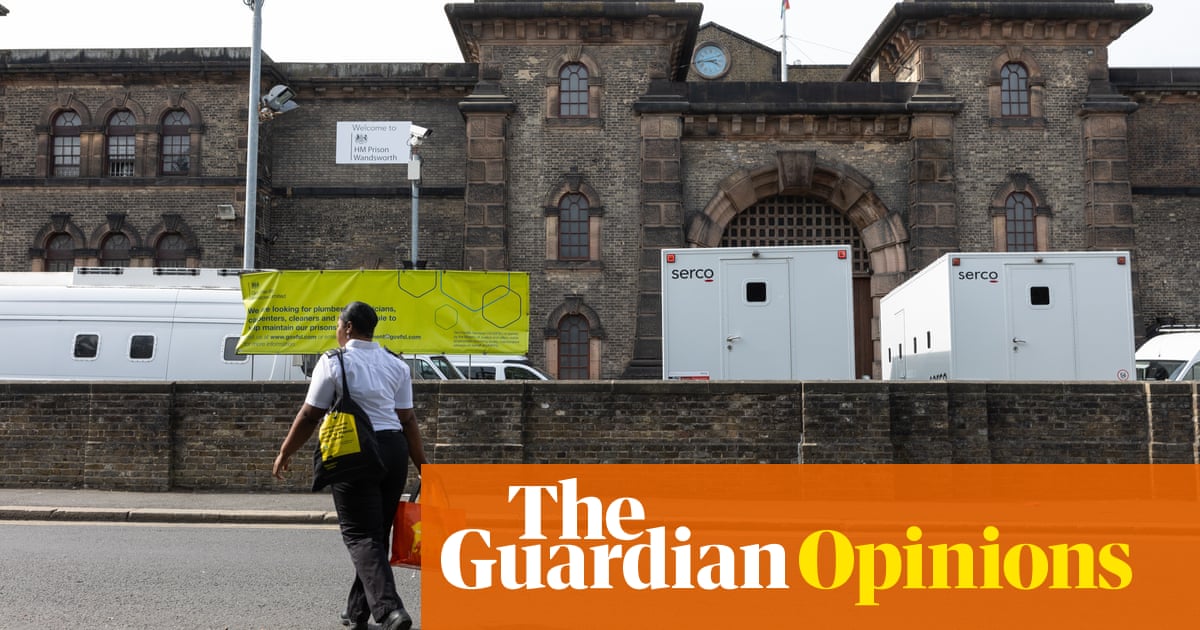
ack in 2009, on the evening of the 20th anniversary, I made a promise to the Hillsborough families at Liverpool town hall that I would do everything I could to support them. Twelve years on, we have arrived at the end of the legal line. But there is one more battle left, and it’s the biggest of them all: the root-and-branch reform of English justice.
The families’ 32-year fight for justice furnishes us with all the evidence anyone could need that our legal system is broken. Aside from the brutal, re-traumatising way it treats bereaved families, it has comprehensively failed to provide any real accountability for 96 unlawful deaths and a cover-up. The latter took the form of a false, blame-shifting narrative briefed to newspapers days after the tragedy, was maintained by South Yorkshire police throughout the Taylor inquiry and the first inquest, and was repeated only last week to the BBC by a senior QC involved in the case.
Hillsborough is not an isolated case. Rather, it is the highest-profile example of what is still, sadly, a common experience for families at inquests and the criminal trials that follow.
People grieving the loss of a son or daughter still find themselves in courtrooms, raw with grief and with only threadbare legal representation, up against the highest-paid QCs in the land, hired by public bodies not always seeking to establish the truth but to protect reputations. The worrying thing about last week’s judgment is that in future it might make it even easier for them to do that.
The ruling that government inquiries are not a course of public justice – and that, in effect, public servants can’t be held legally to account for evidence provided to them – risks giving a dangerous green light to those who wish to withhold or amend evidence. Further, by clarifying that there is no “duty of candour” on public servants at inquests, the scales of justice have been tipped even further in favour of the authorities.
But the great irony is that this, the final act in the Hillsborough legal drama, has made the case more emphatically than anything else before it for the “Hillsborough law”.
After the second inquest ended in 2016, I presented the Public Authority (Accountability) bill to parliament. It has two core proposals: parity of legal funding for bereaved families, and a duty of candour on public officials.
For justice to work, courtrooms must be a level playing field. I will never forget hearing Margaret Aspinall talk of how she had to cash the cheque she received from the criminal injuries compensation scheme in respect of her son James to pay her contribution to the families’ legal fund. And even then it wasn’t enough, and she had to borrow the rest from her parents. It helped pay for a solitary barrister at the first inquest, who was vastly outnumbered by those representing South Yorkshire police and other public bodies; and they, it has now been said, were not under a duty of candour.
This is how the conditions for partial or false narratives are set from the beginning – and why, in the light of last week’s ruling, it is essential that the bill is now made law. But, based on what I witnessed at the two trials since the second inquest, I would add three other measures.
The first is a requirement that criminal trials that follow inquests must be based on the findings of those inquests.
The 2016 inquest was the longest case heard by a jury in British legal history – and found unequivocally that Liverpool supporters were not to blame for what happened. It therefore came as a great shock to me at the subsequent trial of the match commander in Preston that the disproved slurs of being late, drunk and ticketless could be advanced as credible evidence in the court once again despite having been comprehensively disproven at the inquest.
It also surprised me that the defendants were not required to sit in the dock. You have to ask: would the same treatment be offered to young people on trial from the tougher parts of Liverpool or Manchester? I doubt it. In court there should be one rule for everyone irrespective of status, and that is why use of the dock should be clarified in law.
Finally, we need major reform of the Crown Prosecution Service. Can it be right that at criminal trials bereaved families have no independent legal representation? If they did, I feel certain that at this most recent trial the ruling would have been appealed.
I am calling on MPs of all parties to pass this expanded Hillsborough law. Please, give the Hillsborough families at least the small comfort of knowing that others in future won’t go through what they did. If “levelling up” is to be the defining theme of our times, it must now be extended to the scales of English justice.
Andy Burnham is the mayor of Greater Manchester












